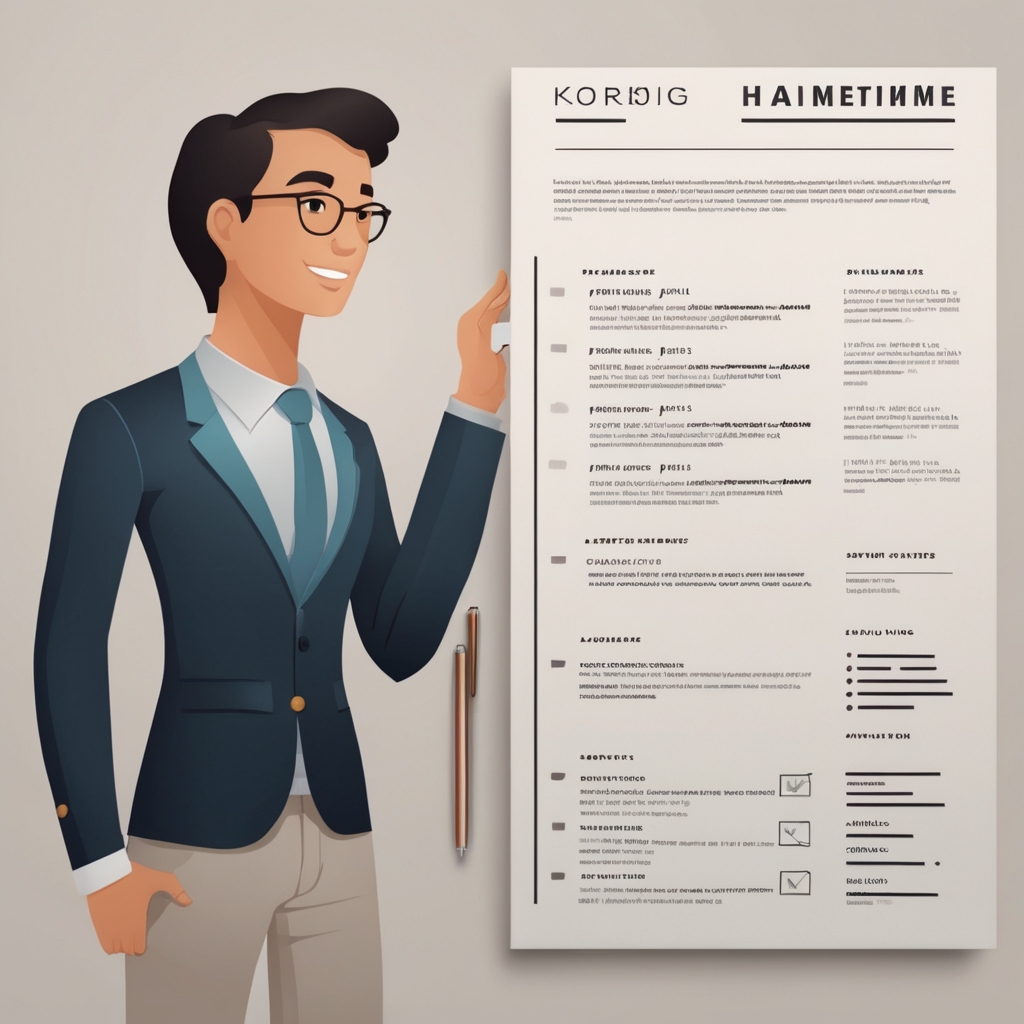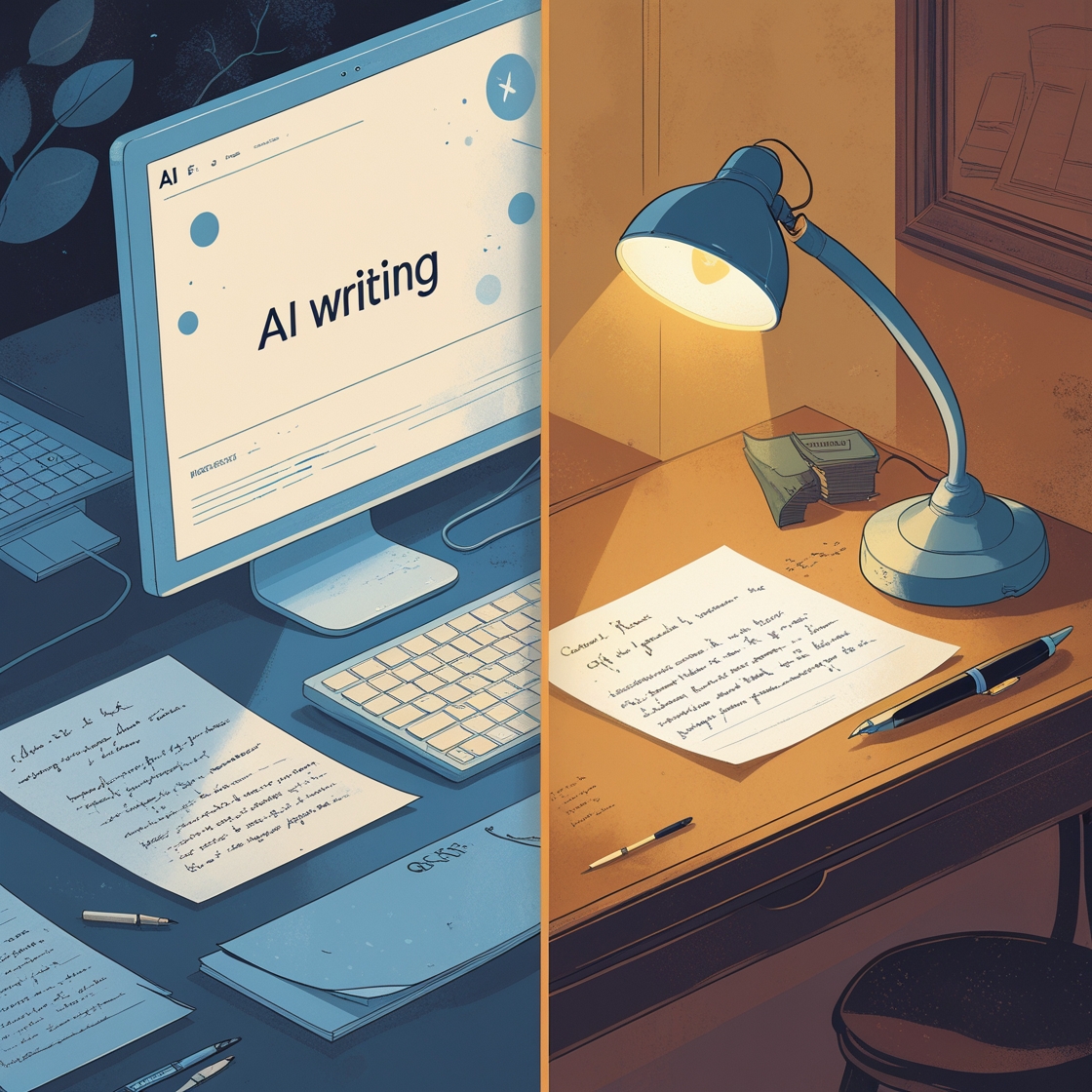AI is everywhere now. It’s writing emails, analyzing data, creating content, and even helping with customer service. While this technology is amazing, it’s also changing the job market fast.
Here’s the reality: some jobs will disappear. But that doesn’t mean you’re doomed. This means if your job involves mostly routine tasks, you’re at risk. But if you develop the right technical skills, you can become more valuable than ever.The key is learning specific technical skills that work WITH AI, not against it.
The professionals who will succeed are those who master concrete abilities that make them irreplaceable, even in an AI-driven world.
The good news? AI creates new opportunities too. As machines handle boring tasks, humans can focus on higher-level technical work that requires real expertise.
Skill 1: Data Analysis and Interpretation
While AI can process massive amounts of data, humans are still needed to understand what that data actually means for business decisions. This skill involves turning raw data into actionable insights.
What you’ll learn:
- SQL for database queries
- Excel/Google Sheets advanced functions
- Data visualization tools (Tableau, Power BI)
- Statistical analysis basics
- How to spot trends and patterns that matter
Why it matters: AI can crunch numbers, but it takes human expertise to know which numbers matter and what they mean for your specific industry or business context.
Real example: AI might tell you that website traffic is up 30%, but a skilled analyst knows to dig deeper—maybe it’s all bot traffic, or maybe it’s from a viral social media post that won’t last.
Where to start:
- Learn SQL through free courses on Codecademy or Khan Academy
- Practice with Excel’s pivot tables and VLOOKUP functions
- Try Google Analytics to understand web data
- Take a basic statistics course online
Skill 2: Digital Marketing and SEO
AI tools are changing how marketing works, but someone still needs to know how to use these tools strategically and understand what makes good marketing.
What you’ll learn:
- Search Engine Optimization (SEO) techniques
- Google Ads and Facebook Ads management
- Content marketing strategy
- Email marketing automation
- Social media advertising
- Web analytics and conversion tracking
Why it matters: AI can help create ads and content, but you need to know how to set it up, what to measure, and how to improve results based on real business goals.
Real example: AI can write ad copy, but you need to know which keywords to target, how to set up conversion tracking, and how to optimize campaigns based on performance data.
Our readers enjoyed reading: How To Know If An Interview Went Well
Where to start:
- Get Google Analytics and Google Ads certifications (free)
- Learn SEO basics through Moz or SEMrush guides
- Practice with Facebook Ads Manager
- Take HubSpot’s free marketing courses
Skill 3: Basic Programming and Automation
You don’t need to be a software developer, but knowing how to automate tasks and create simple programs will make you incredibly valuable.
What you’ll learn:
- Python basics for data processing and automation
- JavaScript for web interactions
- No-code tools like Zapier, Airtable, or Notion
- API integration basics
- Workflow automation setup
Why it matters: While AI can generate code, you need to know enough to understand what it’s doing, modify it for your needs, and troubleshoot when things go wrong.
Real example: Instead of manually copying data between different systems every week, you can set up an automation that does it for you, saving hours of work.
Where to start:
- Learn Python through free courses on Python.org or Codecademy
- Start with simple automation tools like Zapier
- Practice with Google Sheets scripting
- Try building basic web scrapers
Skill 4: Cybersecurity Fundamentals
As everything becomes digital and AI-powered, security becomes more important than ever. Companies desperately need people who understand how to protect their systems and data.
What you’ll learn:
- Network security basics
- Password management and authentication
- How to identify and prevent phishing attacks
- Data encryption and backup strategies
- Compliance requirements (GDPR, HIPAA, etc.)
- Risk assessment and vulnerability testing
Why it matters: AI systems need to be secure, and someone needs to understand both the technology and the threats. This is a skill that’s in huge demand and pays well.
Real example: When a company implements AI chatbots for customer service, someone needs to ensure customer data is protected and the system can’t be hacked or manipulated.
Where to start:
- Take CompTIA Security+ certification course
- Learn about common cyber threats through SANS Institute
- Practice with password managers and two-factor authentication
- Study basic networking concepts
Skill 5: Project Management and Process Optimization
As AI handles more tasks, someone needs to manage the bigger picture—planning projects, optimizing workflows, and making sure everything runs smoothly.
What you’ll learn:
- Project management methodologies (Agile, Scrum)
- Process mapping and improvement techniques
- Resource allocation and timeline management
- Risk assessment and mitigation
- Team coordination and stakeholder communication
- Tools like Asana, Monday.com, or Jira
Why it matters: AI can help with individual tasks, but humans are needed to see the big picture, coordinate between different systems, and ensure projects actually deliver value.
Real example: When a company decides to implement AI customer service, someone needs to plan the rollout, train the team, integrate it with existing systems, and measure its success.
Where to start:
- Get certified in Project Management (PMP or Google Project Management Certificate)
- Learn Agile methodology through Scrum.org
- Practice with project management software
- Study process improvement techniques like Six Sigma
How to Start Developing These Skills
Pick one skill: Choose the one that’s most relevant to your current job or industry. Don’t try to learn everything at once.
Find free resources: All of these skills have free learning materials online. Start there before paying for courses.
Practice with real projects: Apply what you learn to actual work situations, even if it’s just small improvements to your current tasks.
Get certified: Many of these skills have industry-recognized certifications that employers value.
Join communities: Find online groups and forums where people discuss these skills and share opportunities.
Getting Ready for Job Interviews
Having these technical skills isn’t enough. You need to be able to demonstrate them clearly in job interviews. You need to show employers specific examples of how you’ve used these skills to solve real problems.
This is where preparation becomes crucial. You need to practice explaining your technical abilities and giving concrete examples of projects you’ve completed.
Lightforth can help you practice these conversations. Our AI-powered interview prep helps you get comfortable talking about your technical skills and gives you feedback on how to improve your responses.



